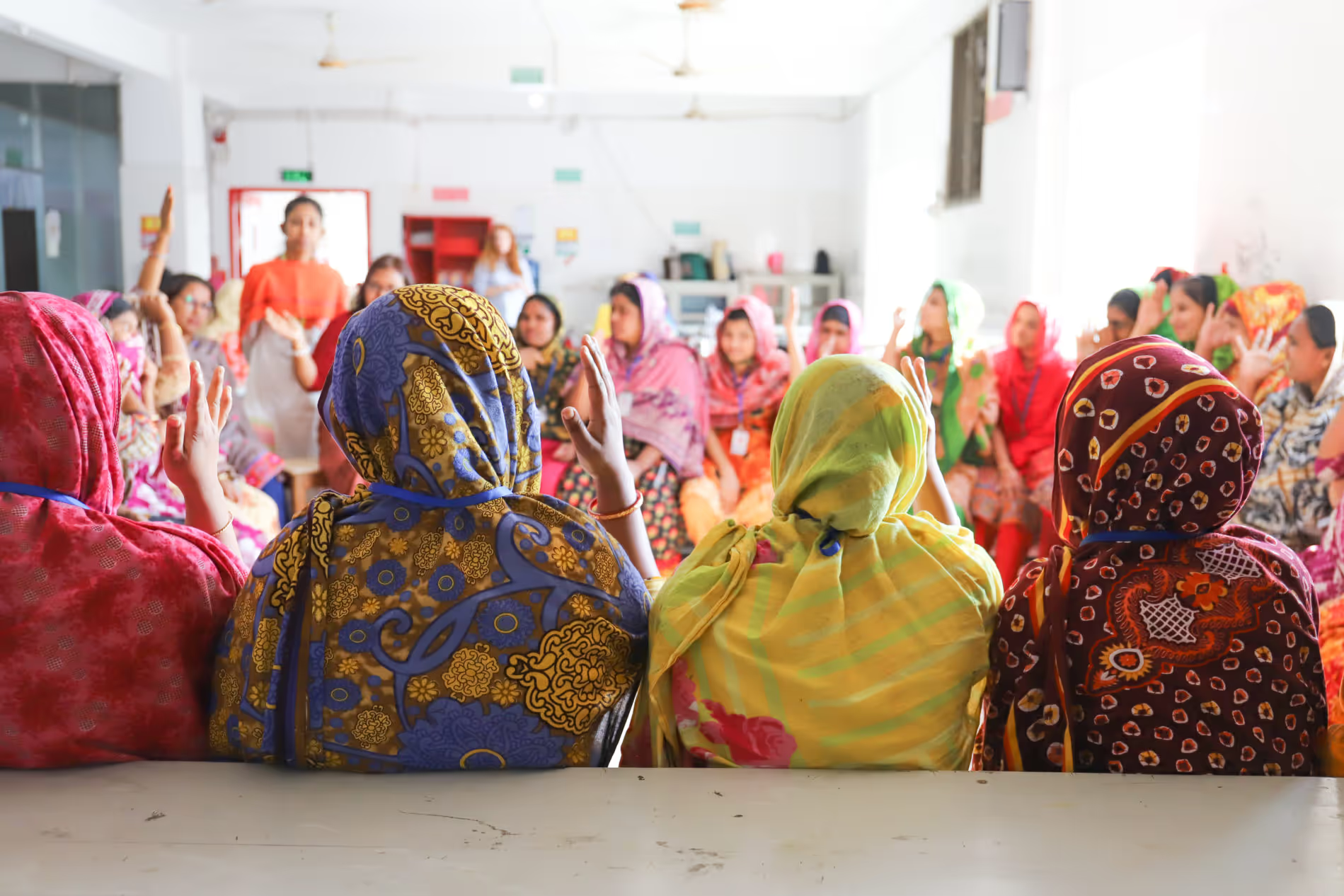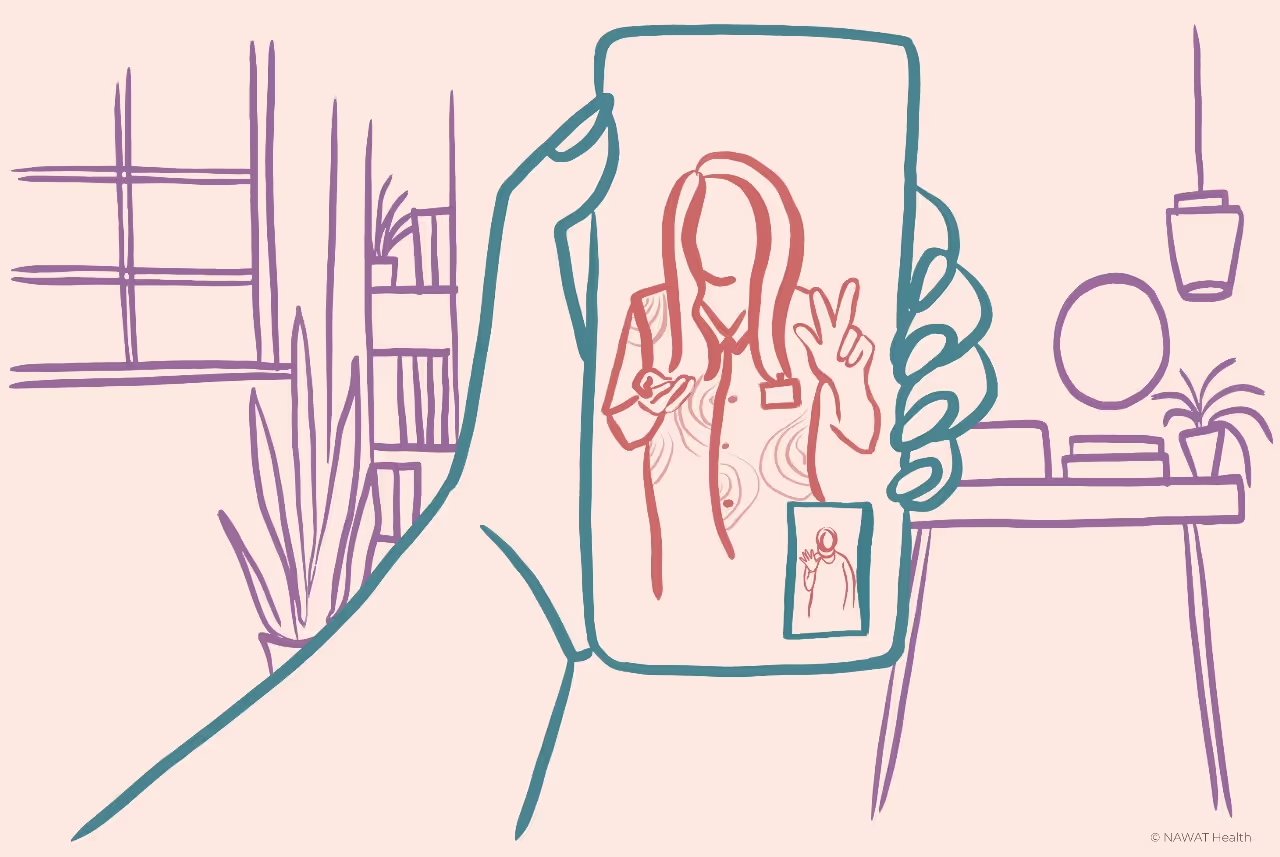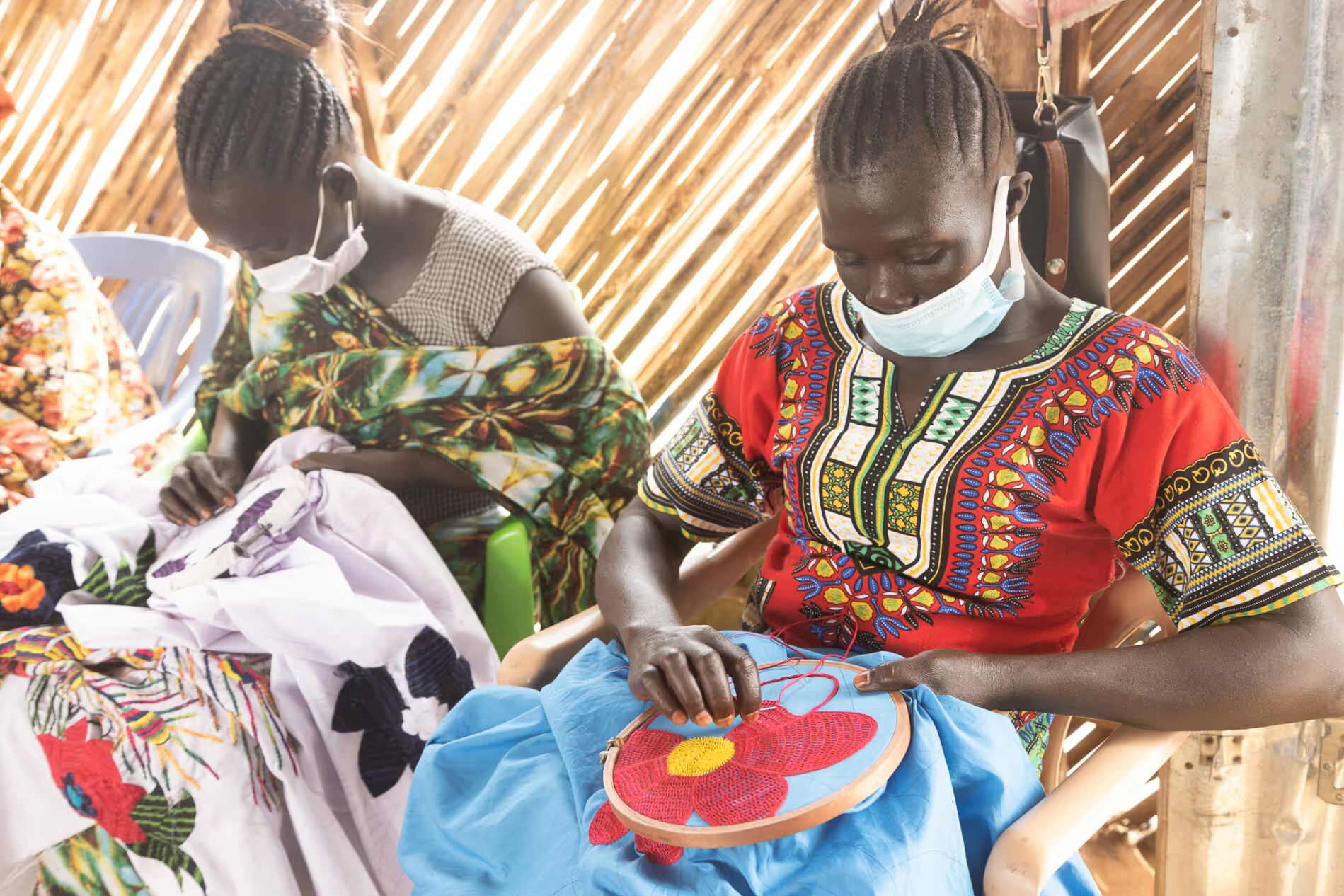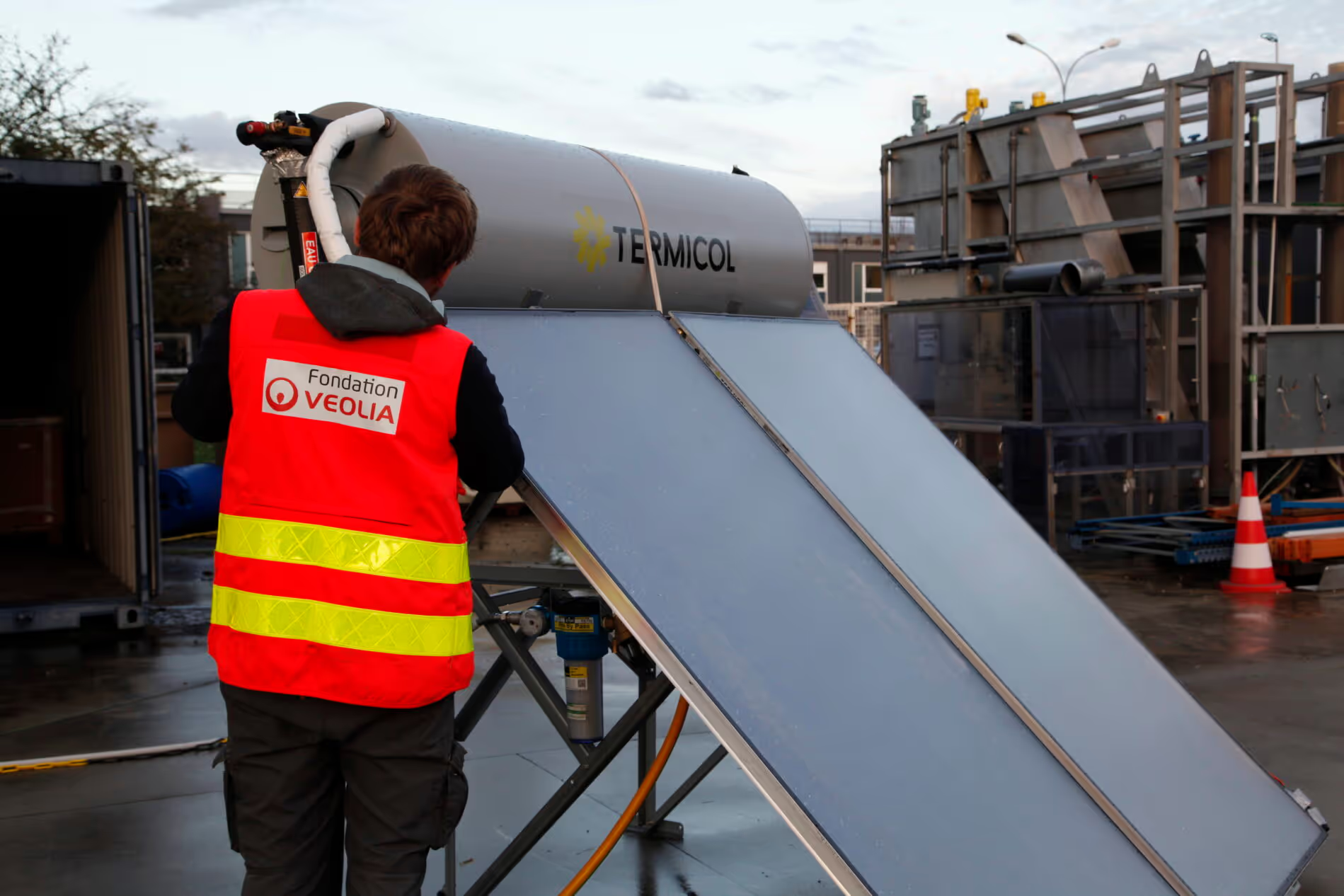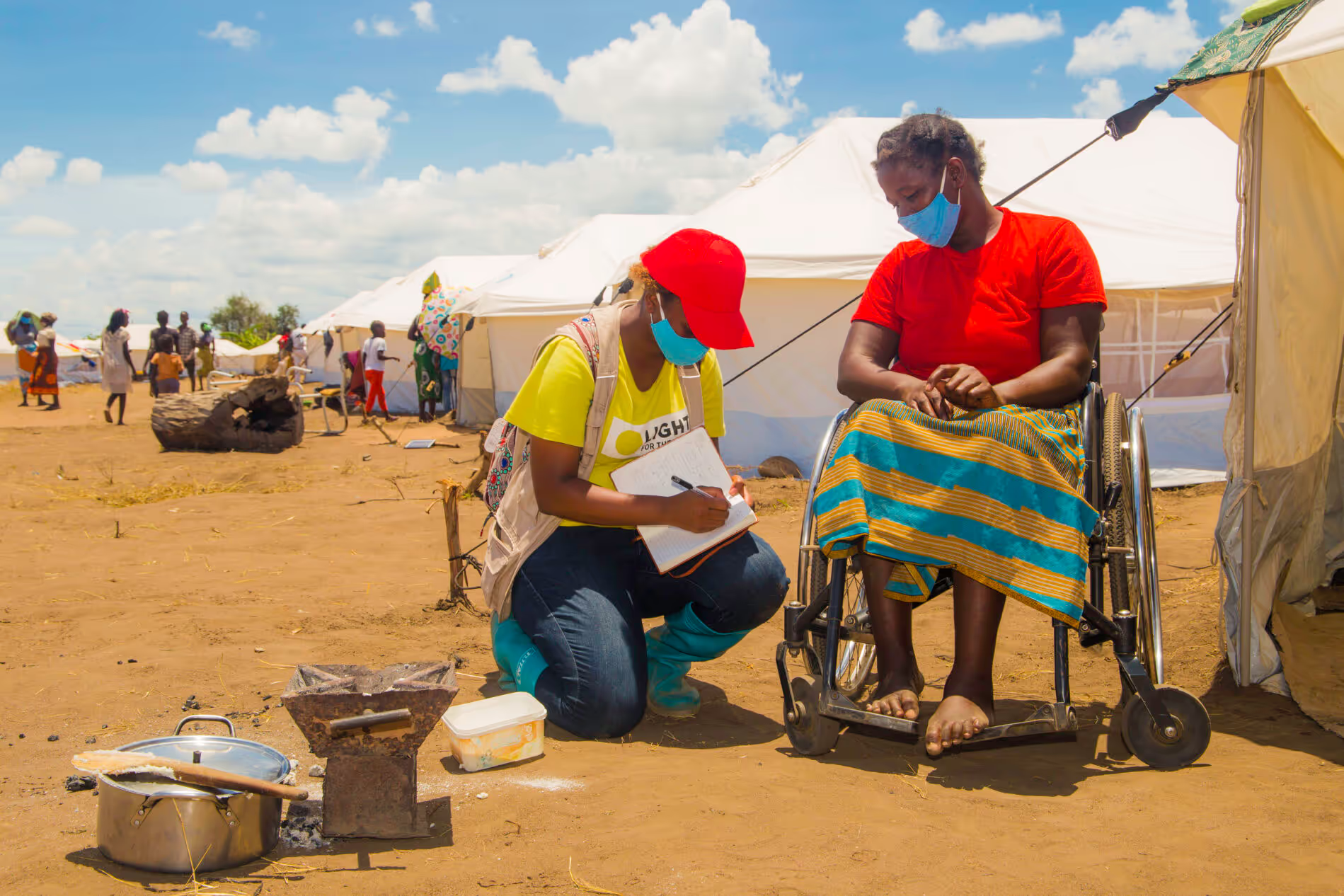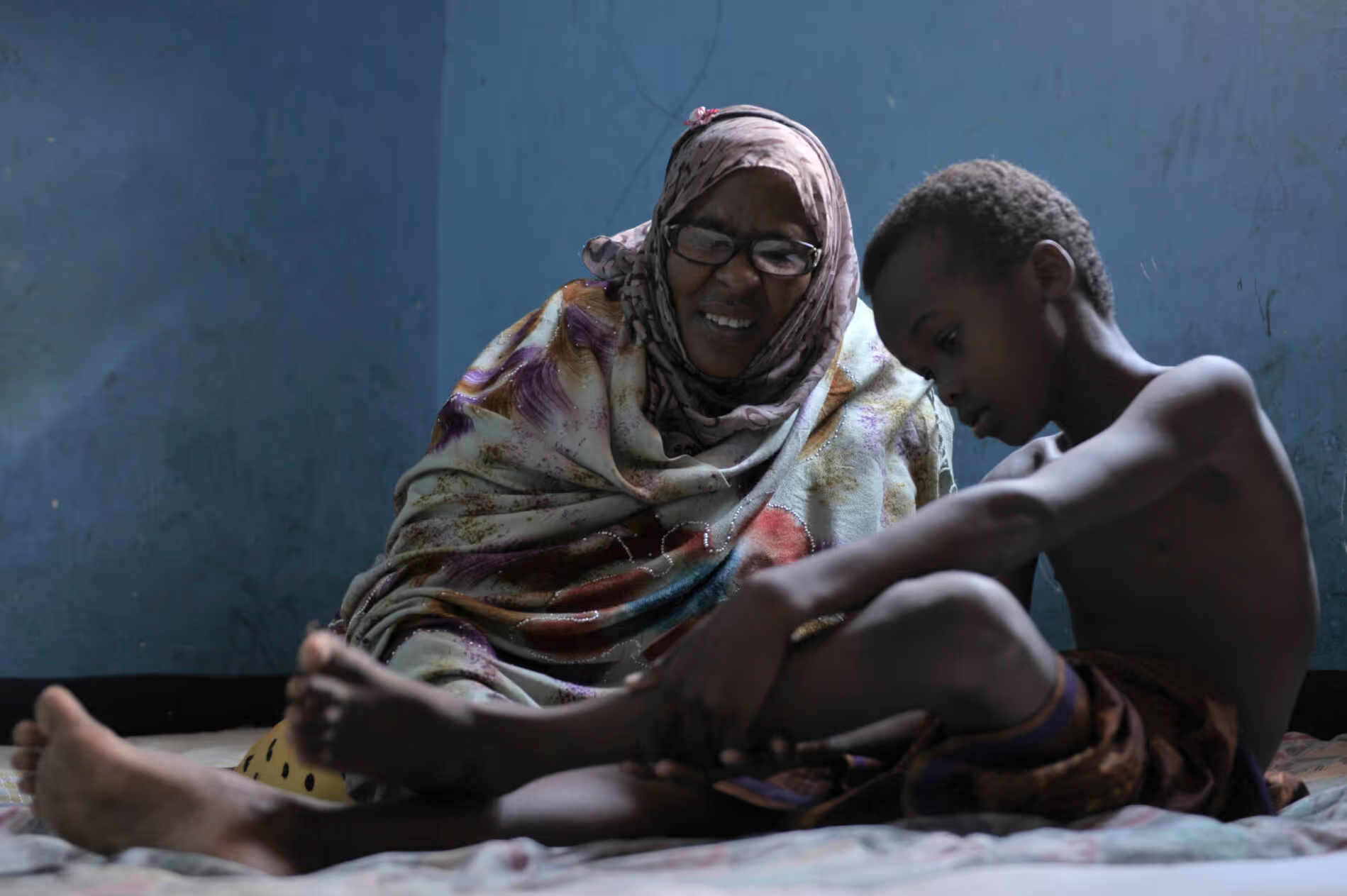Zero Waste Menstrual Hygiene Solution
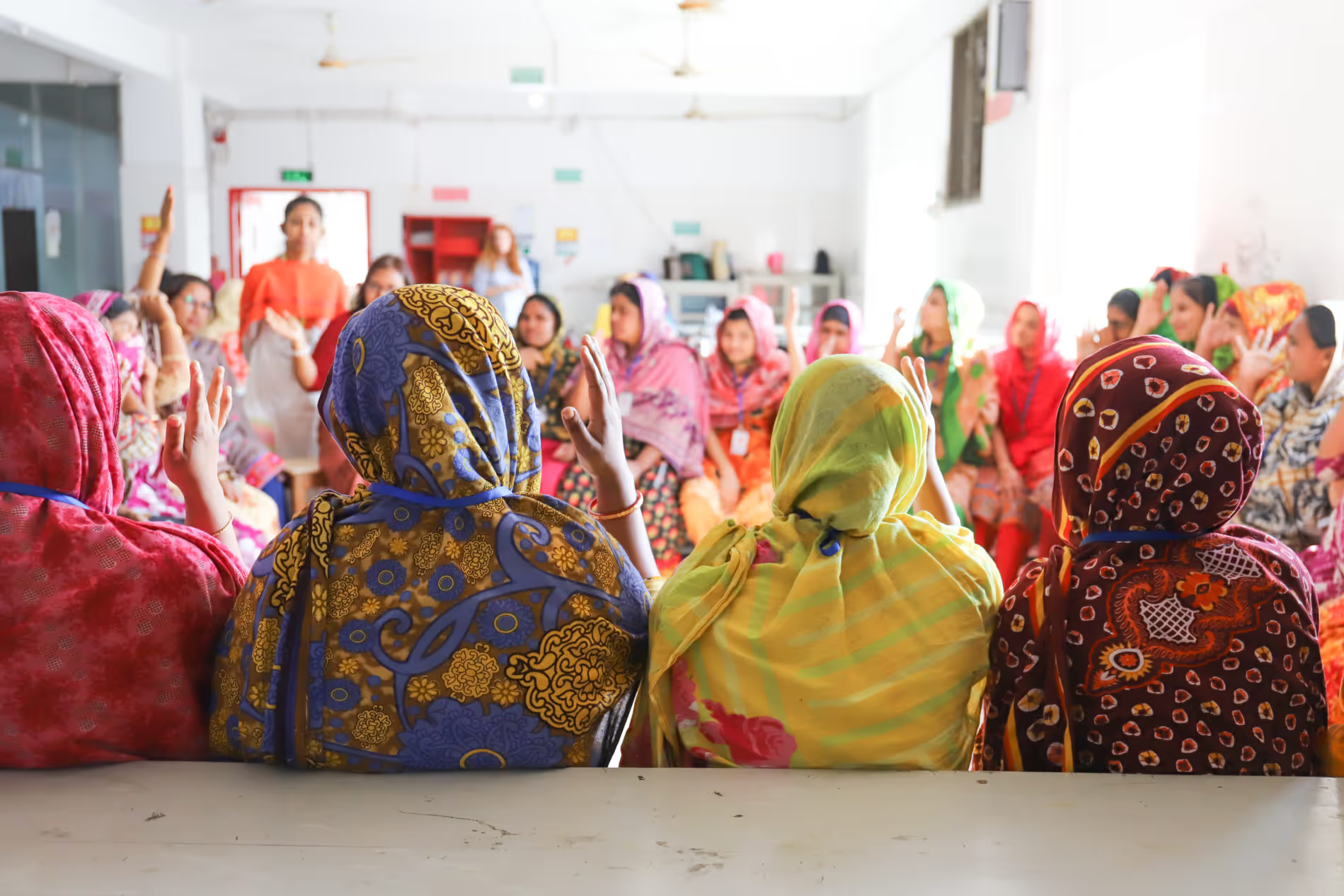
Project overview
Reusable, culturally appropriate menstrual products and education for women and girls living in the most complex circumstances.
Countries
Bangladesh
Central african Republic
Mali
Palestine
Somalia
Somaliland
Vanuatu
Organisations
iDE
International Center for Diarrhoeal Disease Research
Reemi
Partners
Area of funding
Humanitarian Innovation
Grant amount
67374
Start date
01
January
2020
End date
01
April
2022
Project length (in months)
27.8
Funding calls
No items found.
Focus areas
Topics
No items found.
Status
Closed
Project solution
This project offers [specific solution or intervention] to tackle [challenge]. By implementing [strategies, tools, or innovations], the project aims to achieve [desired outcomes]. The approach is designed to [specific actions or methods] to bring about meaningful change in [community, region, or issue area].
Expected outcomes
This project aims to achieve [specific outcomes], such as [measurable results, improvements, or changes]. The expected impact includes [benefits to the target community, advancements in research or innovation, or long-term effects]. By the end of the project, we anticipate [specific changes or milestones] that will contribute to [broader goals or objectives].
No items found.
What humanitarian need is being addressed?
Women’s health is just one of the many competing priorities in humanitarian settings. World Bank has estimated that 500 million women and girls globally lack access to menstrual hygiene products and adequate facilities for menstrual hygiene management (MHM). This means menstrual health remains difficult for many to achieve.
Women and girls experience a great deal of shame around managing menstruation. Menstrual stigma and misinformation intensify the challenges. Those that can buy menstrual products often don’t have privacy when doing so, with some avoiding reusable pads altogether because of their distinctive shape and brightly coloured material. There’s a lack of privacy when trying to wash, dry and dispose of their products discreetly; some are buried, burned or thrown out of windows. And cloths are washed unhygienically and then dried in private places, such as under beds. This lack of appropriate options doesn’t just contribute to pressures on women and girls; some also suffer recurring infections.
What is the innovative solution and how will it improve existing humanitarian practice?
Zero Waste Menstrual Hygiene Solution is a three-part innovation designed to transform women and girls’ ability to manage menstruation with dignity. The first part of the innovation is reusable, antimicrobial period underwear to replace the unpopular reusable pads. The second and third parts are an MHM washing bag and MHM drying bag. All products are black, making it easier for women and girls to carry, wash and dry their period products discreetly.
What progress has been made?
The project team ran three pilots, including a randomised controlled trial, in Bangladesh. Demand for the period underwear was so high that all 450 participants in the controlled trial (who worked together in one factory) demanded that their employer supply period underwear to its entire 6,000-female workforce. This has since expanded to support another 2,000 workers. A further 10,000 workers are due to be supported by 2026.
In Vanuatu, World Vision trialed the period underwear among women and girls with intellectual disabilities. It found that those who usually needed caregiver support to change their sanitary pads or reusable pads could manage independently. There is currently a two-year programme in place to support women and girls with physical and intellectual disabilities.
In Somalia, Medair has trialled all three products among more than 2,800 women in an internally displaced persons camp. The focus group discussion was overwhelmingly positive, and the results of the trial are due shortly.
The team is working with Oxfam to understand how the Reemi innovation will perform in acute humanitarian response in Mali, the Central African Republic, Somalia and Gaza.
Innovation Potential
The innovation team plans to develop other products to address issues that occur in the female lifecycle, including incontinence.
[.slimline-cta-box][.slimline-cta_heading]Links to more information[.slimline-cta_heading][.slimline-cta_paragraph]Reemi Research[.slimline-cta_paragraph][.slimline-cta-box]
No items found.
Project delivery & updates
Stay up to date with the latest developments from this project. Here, you will find details on what has been delivered, resources created, and regular updates as the project progresses. Access key documents, reports, and other materials to see how the project is making an impact.
No resources/updates have been published yet for this project. Sign up for our newsletter to stay informed about upcoming publications and updates!
Join our Newsletter
Resources
Innovation in Menstrual Hygiene Management - Overcoming Social Stigma and Creating Zero-waste Period Products
Tools and toolkits
LEARN MOREBreaking the Silence - Group Discussions, Social Pressure, and the Adoption of Health Technologies
Report
LEARN MORELatest updates
No items found.
